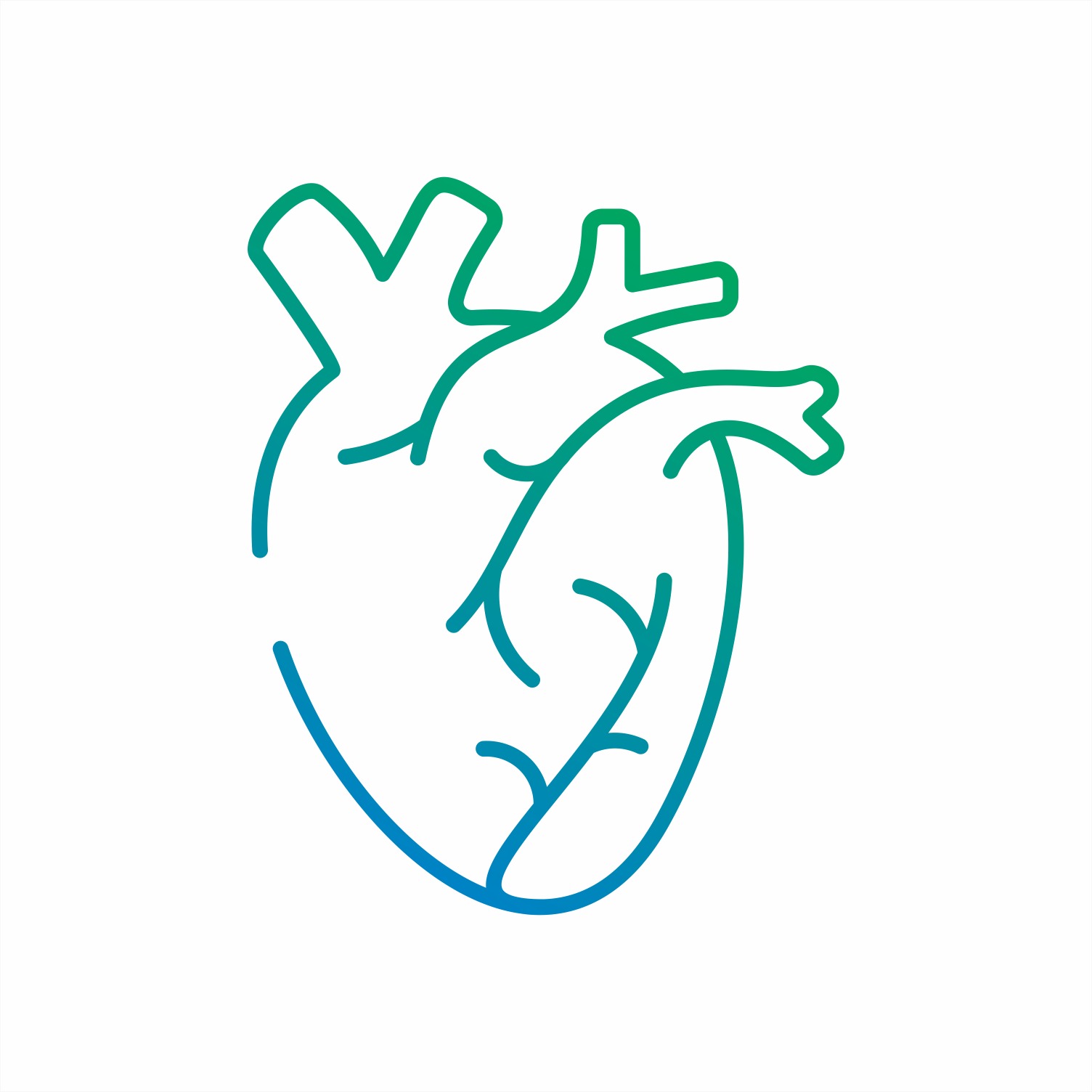
Heart disorders, also known as cardiovascular diseases, encompass a wide range of conditions that affect the heart’s structure and function. These disorders can range from coronary artery disease, where plaque builds up in the heart’s arteries, to arrhythmias, which are abnormal heart rhythms. Other common heart disorders include heart failure, where the heart is unable to pump blood effectively, and valvular heart diseases, where the heart’s valves malfunction. High blood pressure (hypertension) can also damage the heart over time, increasing the risk of stroke, heart attack, and kidney disease. Symptoms of heart disorders often include chest pain, shortness of breath, fatigue, dizziness, and swelling in the legs. Risk factors for heart diseases include a family history, poor diet, lack of exercise, smoking, and excessive alcohol consumption. Diagnosis involves physical exams, blood tests, ECG, echocardiograms, and sometimes angiograms to evaluate heart function. Treatment typically includes lifestyle changes, medication, and in some cases, surgical interventions such as bypass surgery, angioplasty, or valve repair. Early detection and management of heart disorders are essential in reducing risks and improving long-term heart health.
Get Instant Call back in 15 minutes
